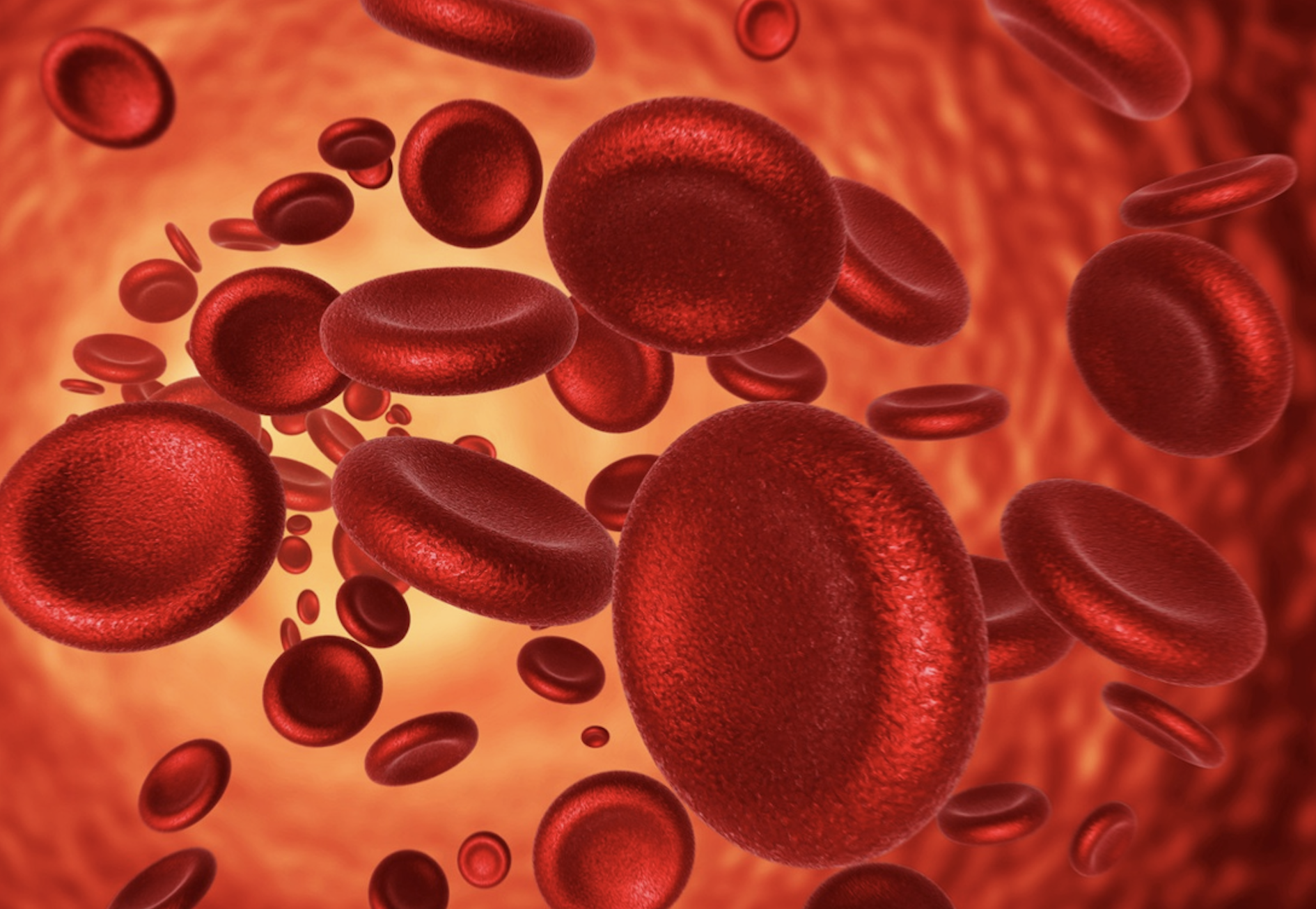The immune system is the defense system against disease.
Our immune system is always ready (without us having to intervene) to defend our bodies against an attack of harmful substances, such as toxic heavy metals and chemicals, and pathogens, such as viruses, bacteria, parasites, worms, and fungi.

In addition to protecting against harmful toxins and pathogens, the immune system plays an important role in clearing toxic waste or diseased body cells such as cancer cells.
However, if our immune system weakens, for whatever reason, invaders manage to pass through the mucous membranes and enter the bloodstream and organs, and the cancer cells can develop into tumors. Therefore, our immune system constantly needs external support.
Let’s give it the support it needs.
1. Drink lemon water every morning.
Drink a large glass of lemon water: on an empty stomach in the morning first and then several times a day. Lemon water is lukewarm water with squeezed lemon in it; you can determine the ratio yourself. Mine is ½ lemon to 1 glass of water. Lemons are packed with vitamin C and also contain flavonoids that help our bodies cleanse themselves. These substances cleanse our blood, among other things. With their cleansing effects, Vitamin C and flavonoids support our intestines, liver, kidneys, and gallbladder. These organs are responsible for the elimination of waste and toxic substances from our bodies. And that is especially necessary during a cold or flu because viruses produce poisonous substances and create a lot of toxic waste when they die. If your blood has not been cleaned in a timely and effective manner, you can suffer from fatigue complaints for a longer time, and you don’t want that. So don’t forget to drink lemon water every day.
Pay attention to this. If you use medication, for example, for your blood pressure, drink your lemon water on an empty stomach first and take medication at least half an hour later. Otherwise, lemon water can make your medication ineffective.
2. Eat at least one garlic clove every day
Garlic is known worldwide for its excellent health properties. Garlic is good for flu, colds, sore throats, and coughs, among other things. The volatile oil that causes the recognizable smell of garlic contains allicin. The main property of allicin is that it has a killing and antibiotic effect on pathogenic organisms.
Garlic is also rich in flavonoids. These are powerful antioxidants essential for vitamin C metabolism; we have already discussed the indispensable role of vitamin C in supporting the immune system.
The benefits are generally noticeable if you eat one or two cloves of raw garlic daily.
3. Eat at least a half bell pepper per day
Just one bell pepper provides about 285 mg of vitamin C; it’s almost four times more than the daily requirement. In normal circumstances, outside of periods of virus spread with an extra-large burden on the immune system, we need 75 mg of vitamin C per day. But the maximum safe amount is set at 2000 mg per day. So it’s not crazy to add a half to one bell pepper to your daily menu to help your immune system fight pathogens.
4. Eat two kiwis a day
Kiwifruit is packed with antioxidants and bioactive substances. If you eat two kiwis (about 100 grams/3.5 ounces) per day, this provides the daily vitamin C requirement. In addition to your daily intake of raw bell peppers and lemons, kiwifruit provides your body with extra vitamin C to support your immune system in its attempt to overcome infections that are often the underlying, sometimes latent, cause of health problems.
5. Drink freshly made thyme tea daily
Freshly made thyme tea has many health properties. It helps to fight colds and flu effectively, among other things. Thyme dissolves mucus in the respiratory tract, thereby stimulating breathing, helping prevent violent coughing, and relieving sore throat.
6. Drink freshly made ginger tea every day
7. Hydrate your body
Water is indispensable for your immune system. The fluid in your lymphatic system called lymph, which carries important infection-fighting immune cells around your body, is largely made up of water. This means your lymphatic system is an important part of your immune system. Being dehydrated slows down the movement of lymph, which can lead to clotted lymph and an impaired immune system.
You’re constantly losing water through your breath, sweat, urine, and bowel movements, even if you are not exercising or doing intensive physical labor. To help support your immune system, be sure you’re replacing the water you lose with water you can use.
It is not just about how much water you drink; the general advice is to drink about 2 liters of water per day. It is also about how many watery fruits and vegetables you eat, such as melon, watermelon, kiwi, pineapple, orange, lemon, papaya, apple, pear, strawberries, raspberries, peaches, plums, apricots, cucumber, tomato, spinach, fennel, radish, celery, cabbage, kohlrabi, carrots, and kale. They give you the best quality water. So hydrate your body with these gifts of nature.
8. Spend plenty of time outdoors and expose your skin to the sun
The sun, as a source of vitamin D, is by far the most important. About 80% of vitamin D content in your body is meant to come from the exposure of your skin to the sun, with the remaining 20% provided by your diet.
The most important role of vitamin D is keeping your immune system strong so you are able to fight off pathogens that cause illnesses. Vitamin D directly interacts with the immune cells responsible for fighting infection.
9. Move enough and exercise regularly
Physical activity is not just for building muscles, getting yourself in shape, and losing weight—it is also an essential part of being healthy and supporting a strong immune system.
Exercise speeds up your circulation. Accelerated blood circulation ensures a better transport of immune cells, other infection-fighting molecules, oxygen, and nutrients through your body. Toxic substances and waste are also removed more efficiently.
Studies have shown that doing just 30 minutes of moderate-to-vigorous exercise every day helps stimulate your immune system. That’s why it’s important to focus on staying active and getting regular exercise.
10. Learn to deal with stress to get it under control
During a period of stress, especially chronic stress that is frequent and prolonged, your body responds by initiating a stress response. This stress response, in turn, suppresses your immune system, increasing your chance of infection or disease.
Stress is different for everyone, and how we deal with stress also differs from person to person. Because stress can seriously affect your immune system and, therefore, your entire health, it is important to learn how to identify stress.
Many activities can help you reduce stress, such as meditation, breathing exercises, yoga, prayer, physical exercises, or walking outdoors.
11. Increase your hours of sleep
And last but not least—increase your hours of sleep. A night’s rest is indispensable to keep your immune system strong. During sleep, your body and mind perform the necessary cleaning and repair work.
Studies have shown that people who don’t get adequate quality sleep are more susceptible to getting sick after exposure to pathogens, such as viruses and bacteria.
If you go to bed earlier, say between 9 pm and 10 pm, get about 8 hours of sleep a night, and take the necessary measures if your sleep is affected, you give your immune system the best chance of fighting infections, cancer cells, and disease.
This list of remedies can be as long as you want, as there are many more remedies that will help support your immune system, but I’ll stick with this so you can start with the basics.
Take care of your health today; don’t wait for disease to take control of your body!





